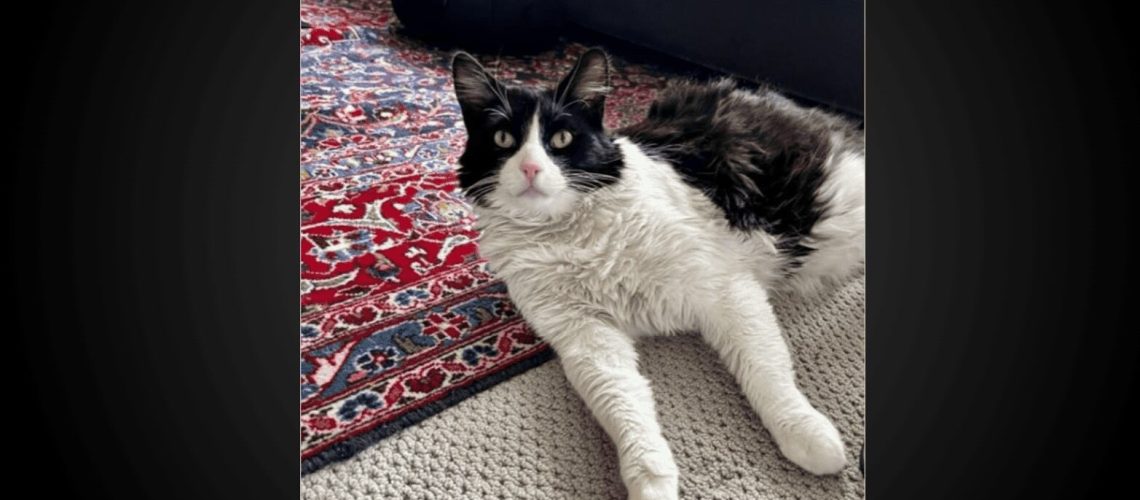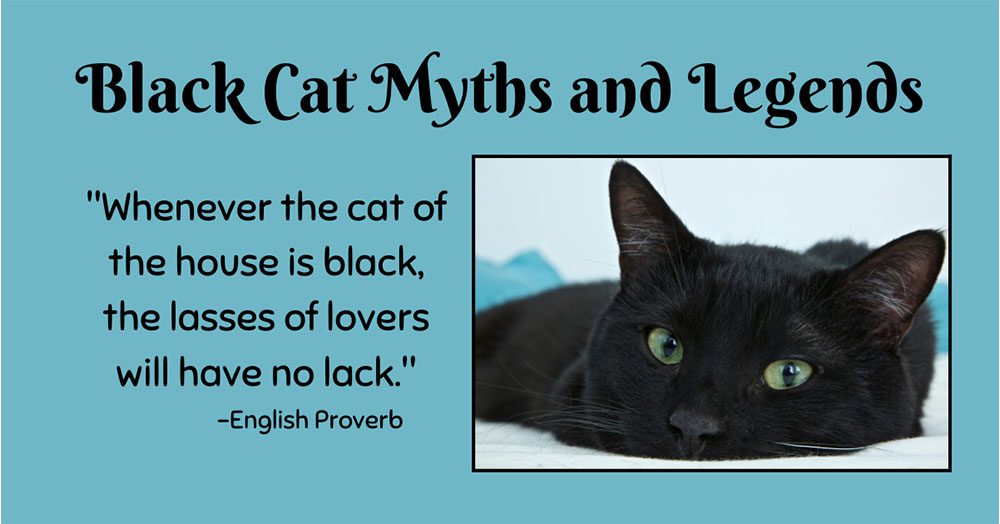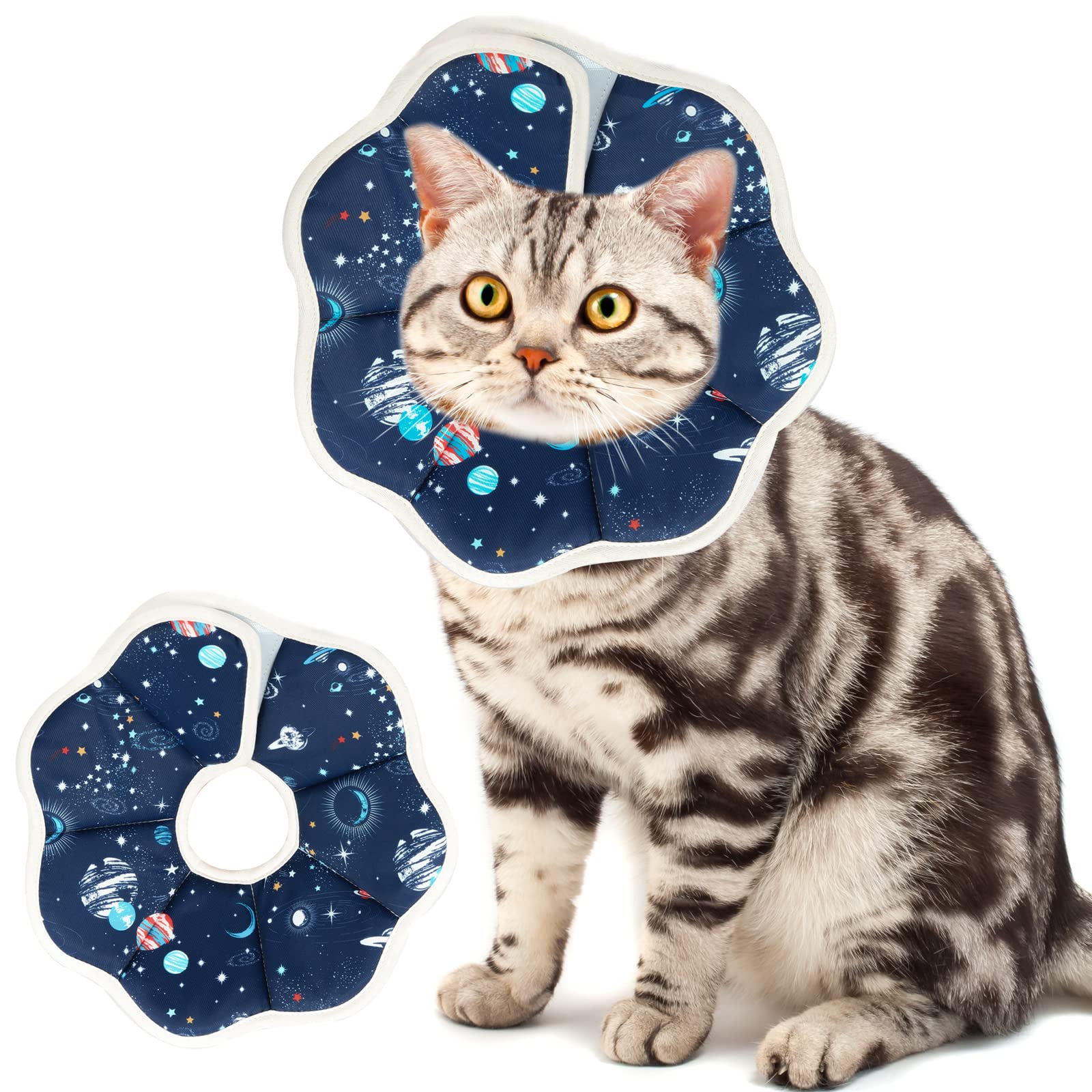Whether you're a cat lover or simply curious about these stylish felines, exploring their fascinating qualities will undoubtedly broaden your knowledge and appreciation for the animal kingdom. So, get ready to uncover the secrets behind those sleek black and white coats, as we dive into the captivating world of Tuxedo Cats!
Key Takeaways:
- Tuxedo cats are known for their distinctive black and white coat pattern, resembling a tuxedo.
- They are not a specific breed, but rather a color pattern found in various cat breeds.
- Tuxedo cats are often described as having charming and sophisticated personalities.
- These cats are believed to bring good luck and fortune to their owners in many cultures.
- Tuxedo cats require regular grooming to maintain the appearance of their beautiful coat.
What is a Tuxedo Cat and Why are They Called "Dapper Beauties"?
The Definition of a Tuxedo Cat
A tuxedo cat is a specific type of cat that has a unique black and white coat pattern that resembles a tuxedo suit. This pattern usually consists of a solid black body with white fur on the chest, belly, paws, and sometimes the face. The contrast between the black and white colors gives these cats their distinctive formal attire appearance.
Why They are Called "Dapper Beauties"
Tuxedo cats are often referred to as "dapper beauties" because their coat pattern resembles a fancy outfit worn by humans for special occasions. The term "dapper" means stylish or well-dressed, which perfectly describes these elegant felines. Their sophisticated appearance and charming personality make them highly sought after as pets.
How Tuxedo Cats Get Their Unique Black and White Coat Pattern
The Genetics Behind Tuxedo Cats
The unique black and white coat pattern of tuxedo cats is determined by their genetics. It is believed that this pattern is caused by certain genes that control the distribution of pigments in their fur. These genes determine where the black pigment called eumelanin will appear on the cat's body.
The Role of X-Chromosome Inactivation
In female tuxedo cats, the distribution of black and white fur is influenced by a process called X-chromosome inactivation. Female cats have two X chromosomes, while males have one X and one Y chromosome. During early development, one of the X chromosomes in female cats becomes inactivated in each cell. This random inactivation can lead to patches of different colored fur, creating the tuxedo pattern.
Are Tuxedo Cats a Specific Breed or Can Any Cat Have This Coat Pattern?
Tuxedo cat is not a specific breed, but rather a coat pattern that can be found in various breeds and mixed-breed cats. Many different cat breeds, including domestic shorthairs, Maine Coons, and American Shorthairs, can have tuxedo markings. Additionally, tuxedo patterns can occur in cats of any color combination, such as black and white, gray and white, or even orange and white.
Can You Tell if a Tuxedo Cat is Male or Female Just by Looking at Its Coat?
Although it is not always accurate, there is a common belief that tuxedo cats with more black fur are more likely to be male, while those with more white fur are more likely to be female. However, this is not a foolproof method for determining the sex of a cat based solely on its coat color. The only sure way to determine the sex of a cat is through genetic testing or by observing physical characteristics like genitalia.
Common Personality Traits of Tuxedo Cats
- Tuxedo cats are known for their friendly and sociable nature. They often enjoy being around people and can make great companions.
- They are generally playful and curious, always ready to explore their surroundings and engage in interactive playtime.
- Tuxedo cats tend to be intelligent and quick learners. They can easily pick up tricks and commands with proper training.
- These felines are often described as confident and independent. They may display some stubbornness at times but are generally well-behaved.
- Tuxedo cats also have a reputation for being affectionate and loving towards their owners. They enjoy cuddling and being petted.
Grooming and Care Tips for Tuxedo Cats Due to Their Coat Pattern
Due to their black and white coat pattern, tuxedo cats may require some extra grooming and care to keep their fur looking its best. Here are some tips:
Regular Brushing
Brush your tuxedo cat's fur regularly to prevent matting and remove loose hair. This is especially important for long-haired tuxedo cats. Use a brush or comb suitable for your cat's coat length.
Bathing as Needed
Tuxedo cats generally do not require frequent baths unless they get particularly dirty. Use a gentle cat shampoo and make sure to rinse thoroughly to avoid any residue on their black fur.
Eye and Ear Cleaning
Check your tuxedo cat's ears regularly for dirt or wax buildup, and gently clean them if necessary using a veterinarian-recommended ear cleaner. Similarly, keep an eye out for any discharge or irritation in their eyes, wiping away any debris with a damp cloth if needed.
Nail Trimming
Trim your tuxedo cat's nails regularly to prevent them from becoming too long or sharp. Use cat-specific nail clippers or seek professional help if you are unsure how to do it yourself.

Health Concerns to Be Aware of for Tuxedo Cats
Tuxedo cats, like any other cats, can be prone to certain health issues that potential owners should be aware of:
Hypertrophic Cardiomyopathy (HCM)
HCM is a common heart condition in cats, and some studies suggest that certain breeds, including Maine Coons (which can have tuxedo markings), may be more susceptible to it. Regular veterinary check-ups are important to monitor their heart health.
Obesity
Due to their love for food, tuxedo cats can be prone to obesity if not fed a balanced diet and provided with enough exercise. It is essential to control their portions and engage them in playtime or interactive toys to keep them active.
Dental Issues
Cats, including tuxedo cats, can develop dental problems such as gum disease or tooth decay. Regular dental care, including brushing their teeth with cat-specific toothpaste and providing dental treats or toys, can help maintain good oral hygiene.
Training Tricks and Behavior for Tuxedo Cats
Tuxedo cats are generally intelligent and trainable. Here are some training tricks and behavior tips:
Litter Box Training
Start litter box training your tuxedo cat as early as possible. Show them where the litter box is located and gently place them inside after meals or naps. Reward them with praise or treats when they use the litter box correctly.
Positive Reinforcement Training
Use positive reinforcement techniques such as treats, praise, or playtime rewards when training your tuxedo cat. This will encourage good behavior and make the training experience enjoyable for both of you.
Socialization
Expose your tuxedo cat to different people, animals, and environments from a young age to ensure proper socialization. This will help them become well-adjusted adults who are comfortable in various situations.
Note: Remember that each cat is unique, and individual personalities and behaviors may vary. Patience, consistency, and love are key when training and caring for any cat.
In conclusion, Tuxedo cats are truly dapper beauties of the cat kingdom. With their distinctive black and white coats and charming personalities, they make wonderful companions for any cat lover.
What is the rarest tuxedo cat?
The cream and white bicolor pattern is the rarest. What type of cat is known as a tuxedo cat? While there isn't a specific breed called a tuxedo cat, the bicolor pattern is more commonly found in breeds such as Domestic Shorthair, Turkish Van, American Shorthair, British Shorthair, Maine Coon, and Manx.
Why did the Egyptians worship tuxedo cats?
During Ancient Egypt, cats were highly revered and considered to be divine beings. They were treated with the same level of respect and admiration as gods and goddesses, and were even mummified and depicted in various forms of art and sculptures. This belief in their "divine energy" was particularly applicable to tuxedo cats, further elevating their status.
What is special about tuxedo cats?
Although individual cats may have different personalities, tuxedo cats are typically known to be friendly, sociable, and intelligent. They enjoy being around humans and are often playful and curious. Tuxedo cats make wonderful companions and bring joy to any household.
How rare are female tuxedo cats?
Female tuxedo cats are just as common as male tuxedo cats, despite the fact that certain coat variations are typically found on the Y chromosome, resulting in a higher number of male ginger cats. Tuxedo cats can be either gender, even though people often assume they are male due to their formal attire.
What is the 1 rarest cat in the world?
The Sokoke cat is known as the most uncommon cat on earth. Instead of being a breed created by humans, the Sokoke is a naturally existing small wildcat that is exclusive to the Arabuko-Sokoke Forest Preserve in Kenya, Africa.
Why are tuxedo cats magical?
Tuxedo cats are believed to have magical abilities because their black and white fur makes them blend in and appear invisible during certain times of the year. This is seen as evidence of their mystical powers. If you have a spiritual inclination, a tuxedo cat might be the perfect companion for you.

















